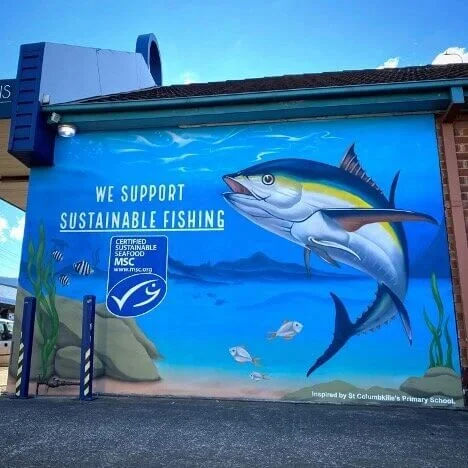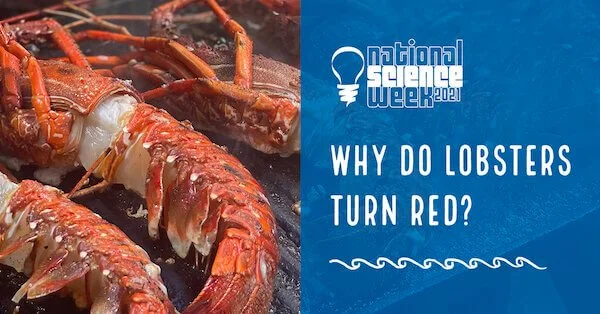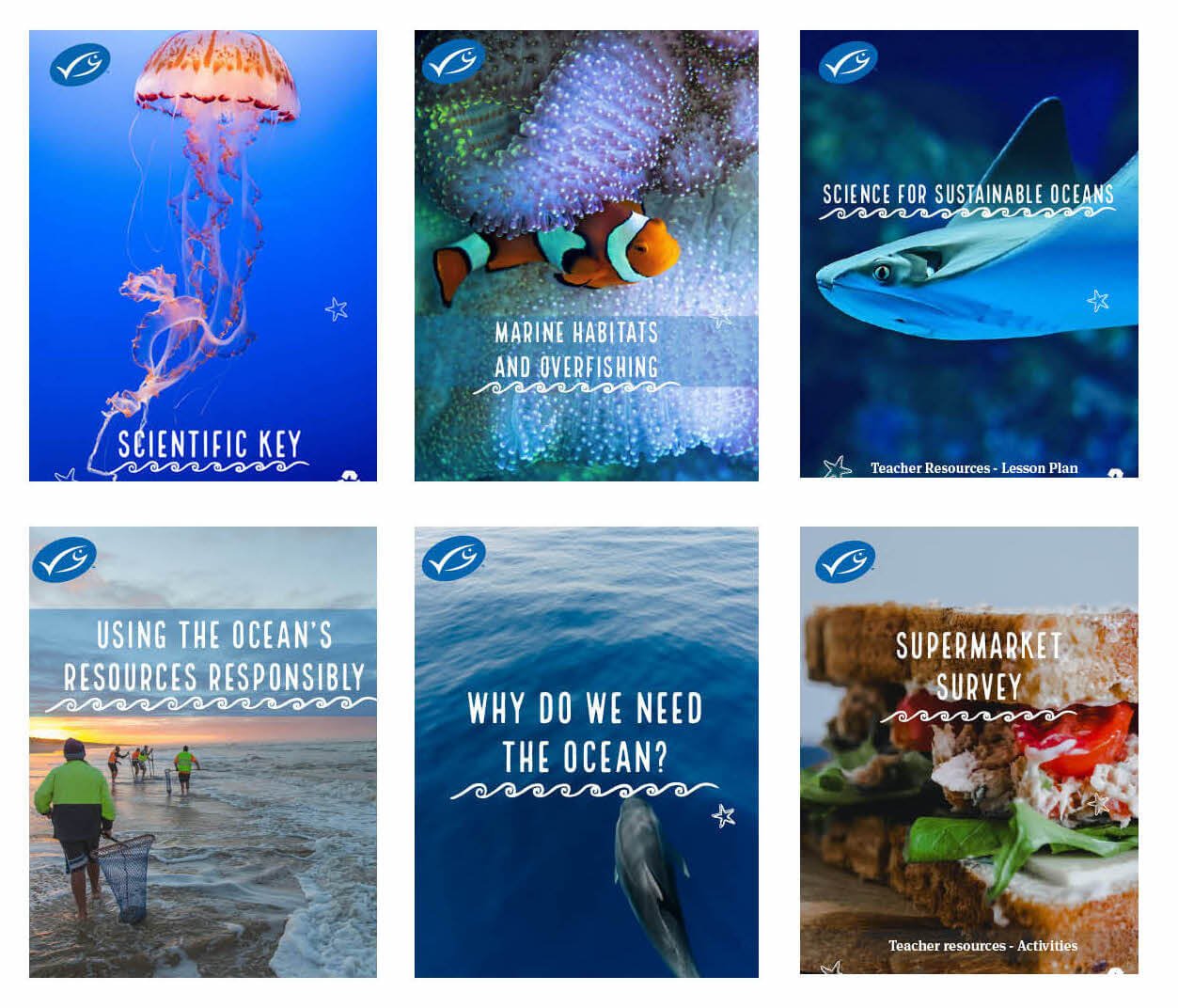Why Don’t Fish Freeze in Antarctica?
We had big plans for National Science Week 2021…
Our take on the theme of Food: Different by Design was a chance to highlight science innovation in the Australian seafood industry, together with the Marine Stewardship Council. The goal was to reach school students of ages 10-15 through creative, meaningful and cost-efficient ways.
We were poised for a week of fun - Science Fairs, fish shop visits and cooking demonstrations. A group of primary school students in Wollongong had even created their own fantastical fish drawings to inspire a vibrant mural at their local fish shop.
Then, Delta happened.
It quickly became clear that our hands-on lessons were a no go, and that virtual entertainment was desperately needed for the cooped-up kids of New South Wales. In keeping with the spirit of the last 18-months, we paused to rethink and reboot… a bit like a science experiment in itself!
Our behind-the-scenes tour of Harley & John’s Seafood turned into an opportunity for students all over Australia to meet the owner Grant, and ask him questions about being a sustainable fishmonger. The students that we challenged to design their own bycatch-reduction devices turned to online lesson plans and a virtual seal show at Taronga Zoo to tide them over.
Getting the results
Supported by the fabulous science communicator Laura Wells and special guests like Tasmania’s favourite food-foraging Chef Analiese Gregory, we ran three live student Q&A events. Pairing experts with their favourite MSC-certified fish species, students learned about chemistry in the kitchen (rock lobster), how a fish journeys from the boat to the plate (tuna) and sustainable fishing in Antarctica (Patagonian toothfish). And the results were fascinating! Throughout National Science Week around 40,000 students got to learn about sustainable seafood, and tuned in to have their questions answered by Australia’s best. The event recordings also created an evergreen resource, available to teachers and students across Australia (and the world!) who continue to learn about the scintillating science of seafood.
To watch these events and see more of our work with the Marine Stewardship Council, visit their education page Saltwater Schools.
What is Ocean Literacy?
Saltwater Schools, Australia
Read about our work creating ocean themed resources for the Australian classroom.




